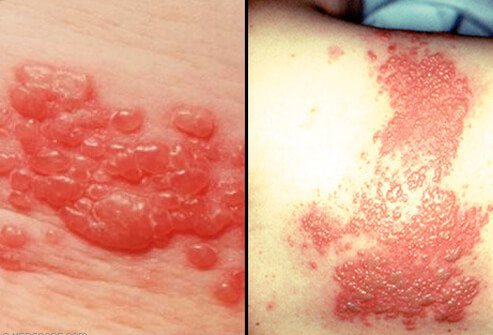Who Is a Candidate for the Shingles Vaccine?

Healthy adults aged 50 years and older are candidates for the shingles vaccine Shingrix. There is no age limit, and you can get the Shingrix vaccine even if you have already had shingles, have had the Zostavax vaccine, or do not remember whether you have had chickenpox in the past.
If you have already had shingles, getting the Shingrix can help protect you from the disease coming back. Studies have reported that almost every American aged 40 years and older has more than a 99% chance of having had chickenpox, and people who have had chickenpox are more likely to develop shingles in the future because both are caused by the same virus—varicella-zoster virus.
After having shingles, there is no duration that you need to wait before getting vaccinated, although you should wait until the rash has completely disappeared. Shringrix is given in 2 doses 2-6 months apart.
Who should not get Shingrix?
People who should not get Shingrix include those who:
- Have a history of severe allergic reaction to gelatin, the antibiotic neomycin, or any component of the vaccine
- Have been tested negative for immunity to varicella-zoster virus
- Currently have shingles
- Are currently pregnant or breastfeeding
- Have moderate or severe acute illness
- Have a fever with a temperature of 101.3 degrees F or higher
In general, people with a weakened immune system due to human immunodeficiency virus/acquired immunodeficiency syndrome (HIV/AIDS) should talk to their doctor about their options before getting the shingles vaccine.
What are the possible side effects of Shingrix?
While Shingrix is generally safe, possible side effects include:
- Redness, swelling, and mild or moderate pain at the injection site
- Tiredness
- Muscle ache
- Headache
- Chills
- Fever
- Stomach pain
- Nausea
It may take between 1-3 days to recover from the side effects of Shingrix. Over-the-counter medications such as ibuprofen or acetaminophen can help alleviate the pain.
In rare cases, the vaccine may cause a severe allergic reaction within minutes or hours of getting it. Seek medical help immediately if you experience signs and symptoms such as:
For any concerns about the side effects of Shingrix, talk with your doctor.
Is the shingles vaccine covered by insurance?
The shingles vaccine may be covered by insurance depending upon the insurance program:
- Medicare: Medicare Part D covers shingles vaccine expenses, but it depends on the plan. You may need to pay either in part or full and then get it reimbursed. Medicare part B does not cover the vaccine.
- Medicaid: Medicaid may or may not cover the vaccine. You can find out by contacting your insurer.
- Private health insurance: Most private health insurance programs cover the shingles vaccine, but you may need to pay some part of the expenses depending on your plan.
- Vaccine assistance program: Check with the Shingrix manufacturer, GlaxoSmithKline, if they have a Shingrix vaccine assistance program. Through vaccine assistance programs, people who cannot afford the vaccine can get help in the form of free vaccination.

